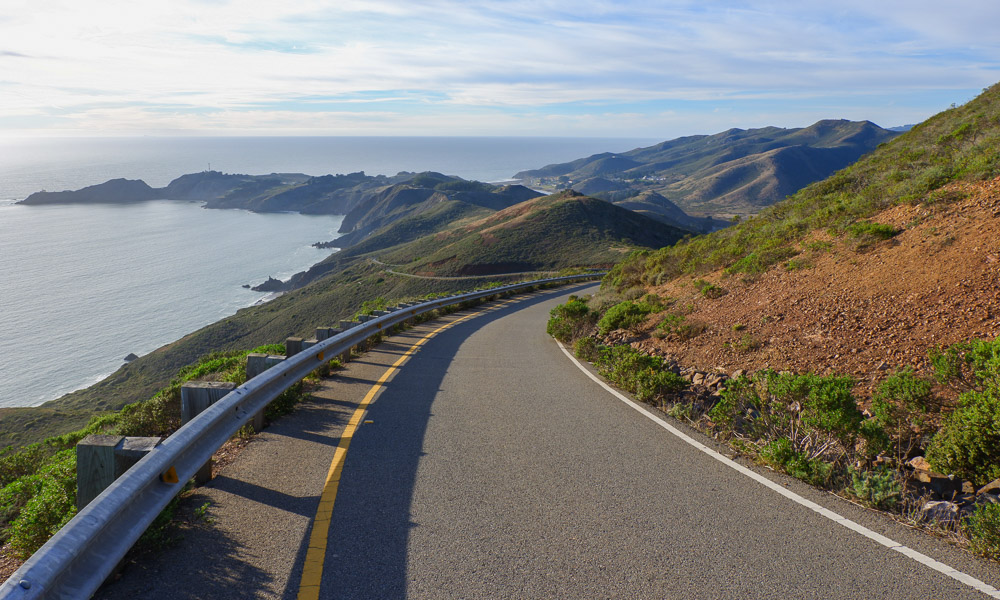
Happy World Car-Free Day! I know it’s an unusual greeting for a motoring site, but on a day like this, perhaps you’d like some food for thought:
When you think about your car, does it make you feel free, or does it make you feel trapped?
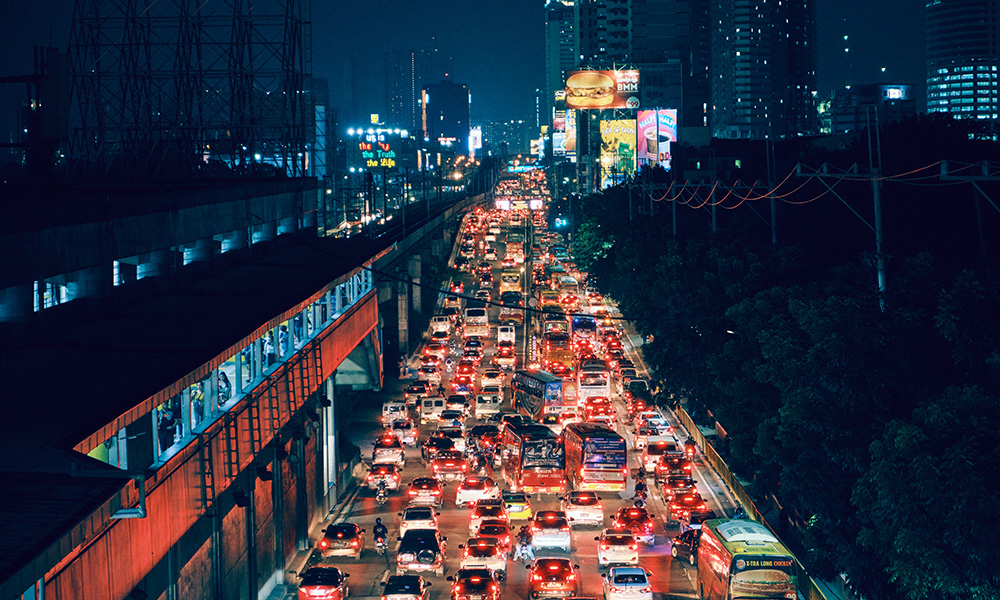
Think about it for a second with me here. Freedom and mobility—by any transportation mode—are concepts that have always gone hand in hand.
Ironically, even though car advertisements frequently tout the freedom of living on the open road, owning a car is often far from liberating. You live under the thumb of gas prices, paying for things like parking and maintenance, and having to check for the least-congested routes every time you drive from your house.
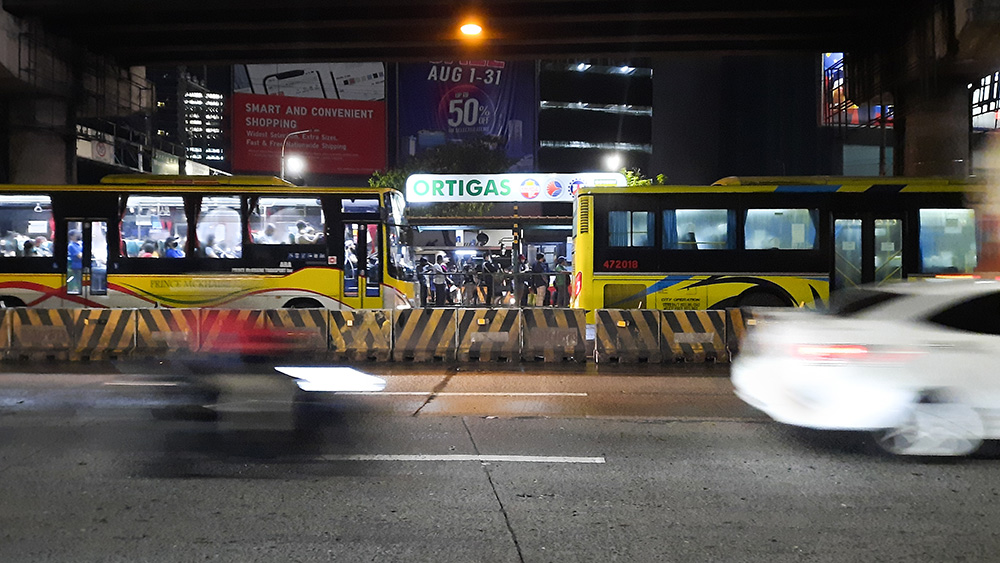
Maybe, too, this is the way you’ve decided to live after deciding you didn’t want to endure grueling commutes any longer, or maybe the lack of safe bicycle infrastructure between your work and your home has made the idea of cycling too daunting.
But wouldn’t it be nice if more people actually owned and drove cars because they truly wanted to and not because they felt forced to?
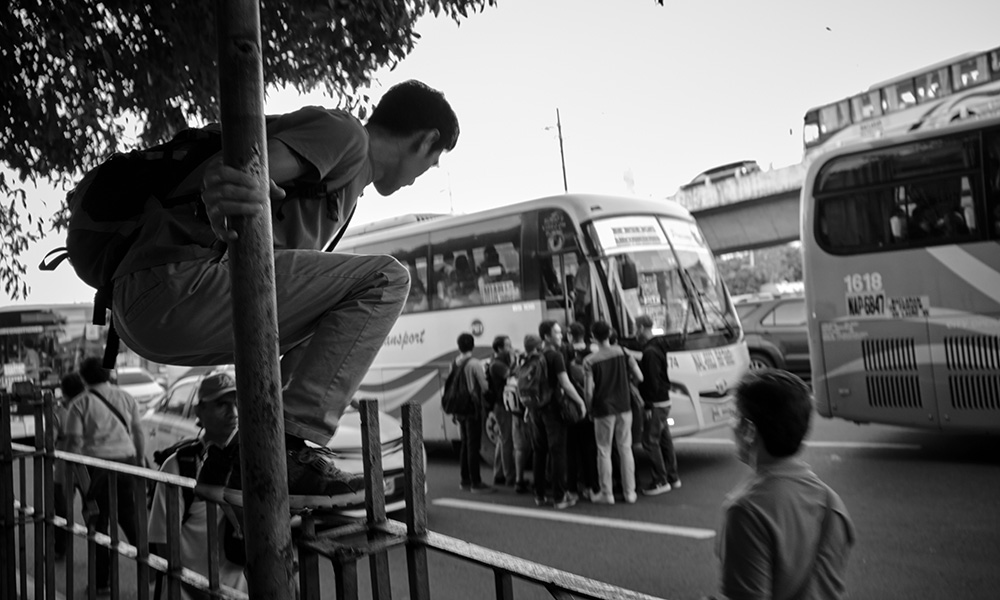
For transport planner and walkability expert Jeff Speck, a car is often not an “instrument of freedom” but a “prosthetic” that is often required for people to meet the bare minimum standard of dignity in their daily life and travel.
A lot of people end up having to buy motor vehicles not because they want to, but because they need to.
The relationship with motoring—these fantastic marvels of art and engineering—has become corrupted and strained by a transport system that prioritizes those with cars and oppresses those without them.
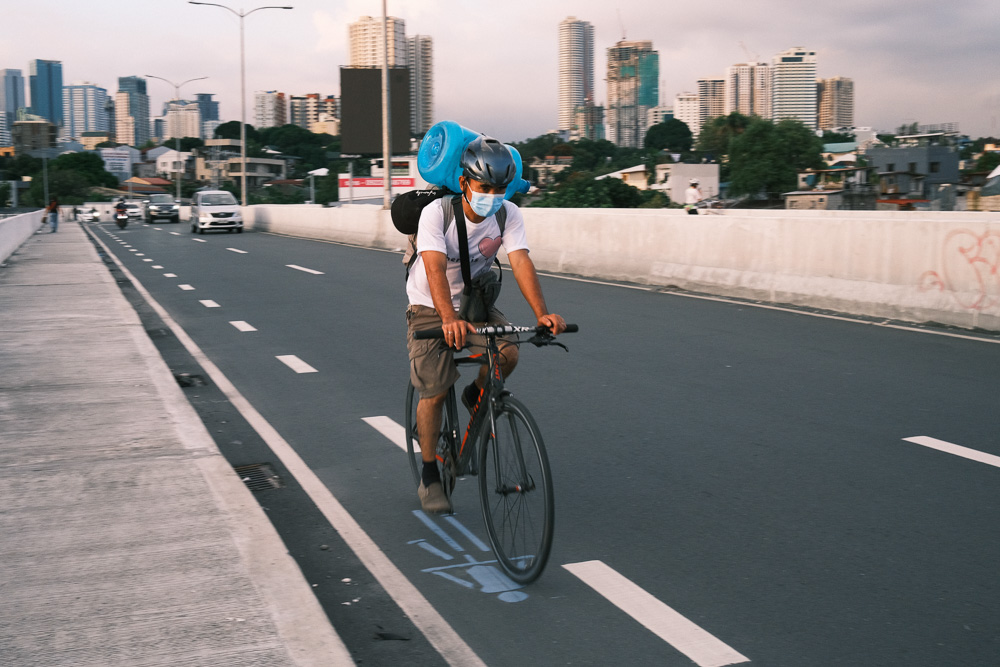
For cars to become a symbol of freedom again, people need to be able to live comfortably, safely, and decently without them.
It means public transport has to be worth people’s time and money, and that cycling has to be a safe and viable option for everyday travel no matter where you live or work.
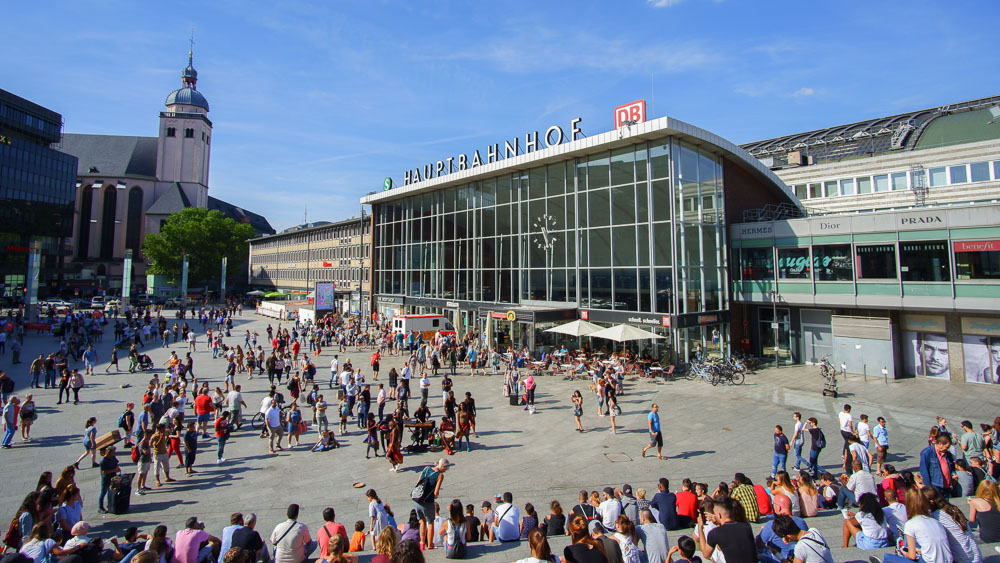
And it means that we need places where people can walk without having to think too hard—whether to just breathe and clear their heads, run quick errands, or do literally anything else. For all this to happen, it could mean closing off lanes and even streets to cars.
For cars to feel like freedom, we need to become more car-free. It sounds like a weird concept, but it lines up perfectly with everything we know about transportation. It’s all about learning to share the city—and we’ll have so much more freedom if we know how to do this well.

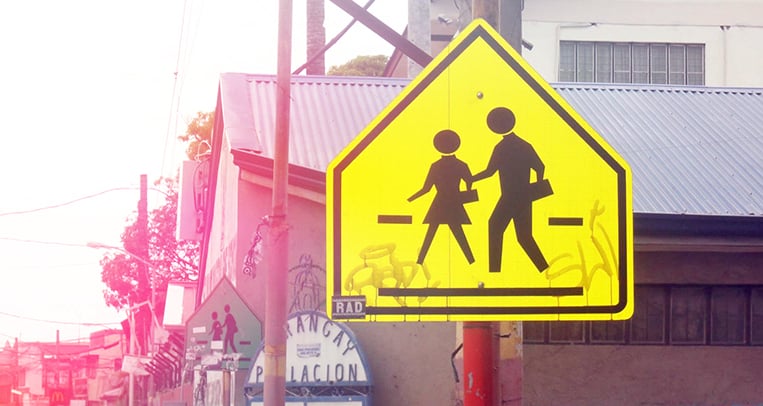
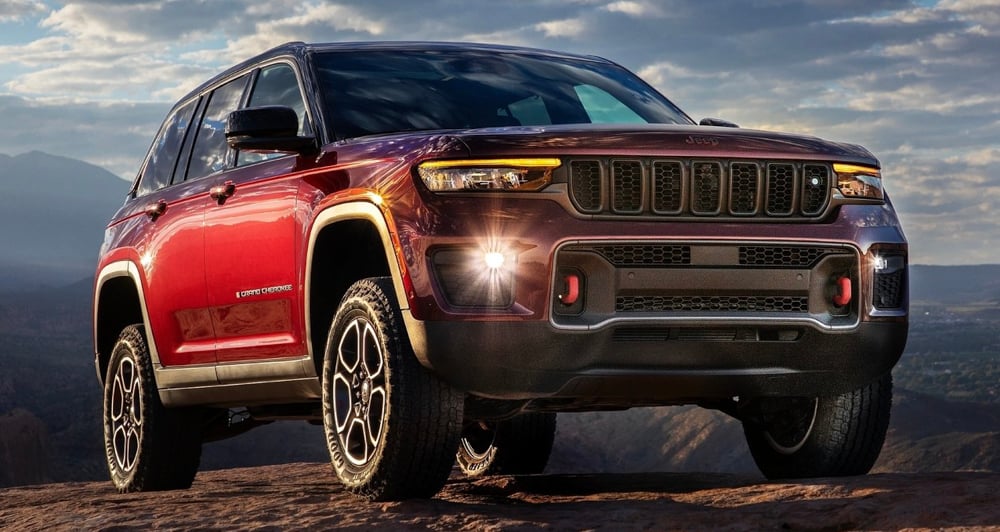
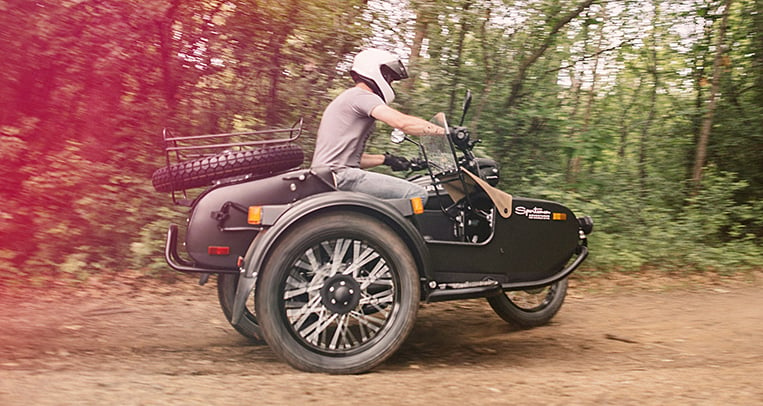
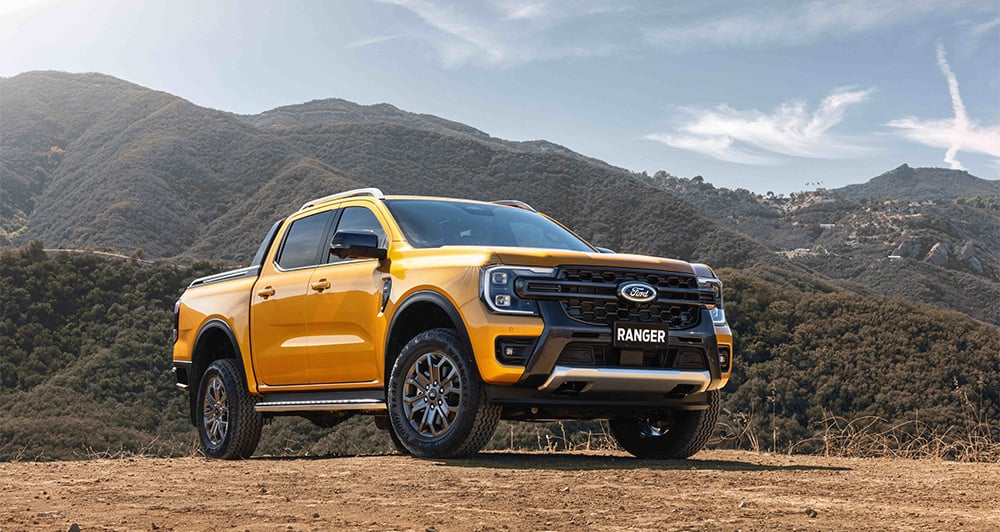
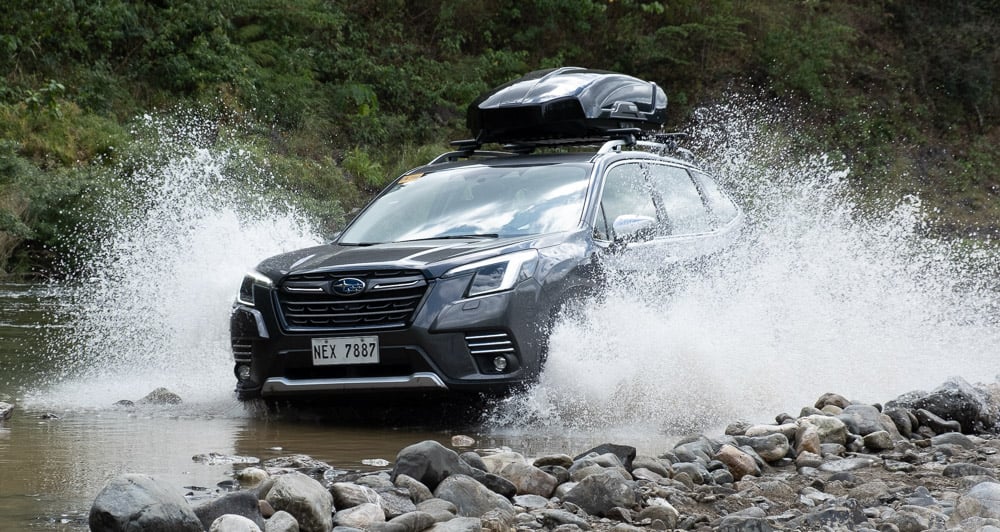
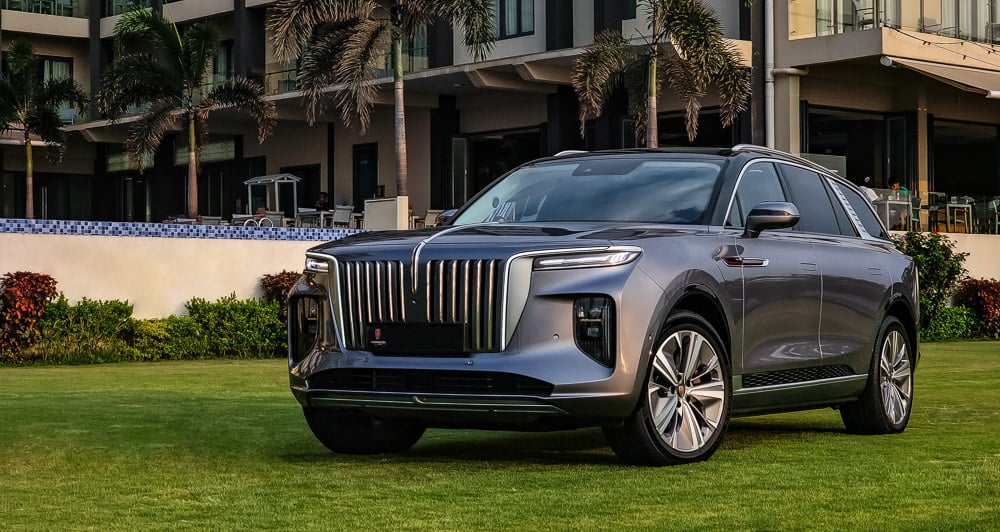
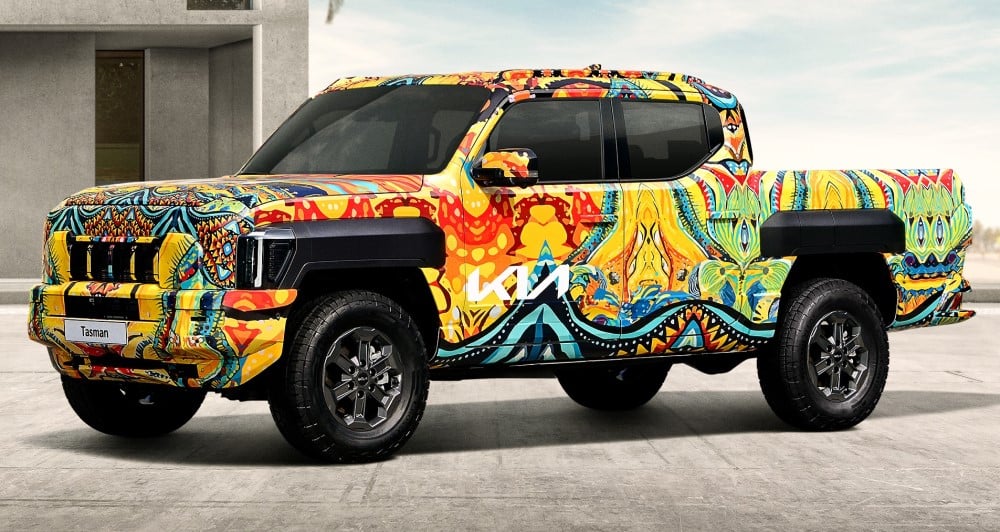
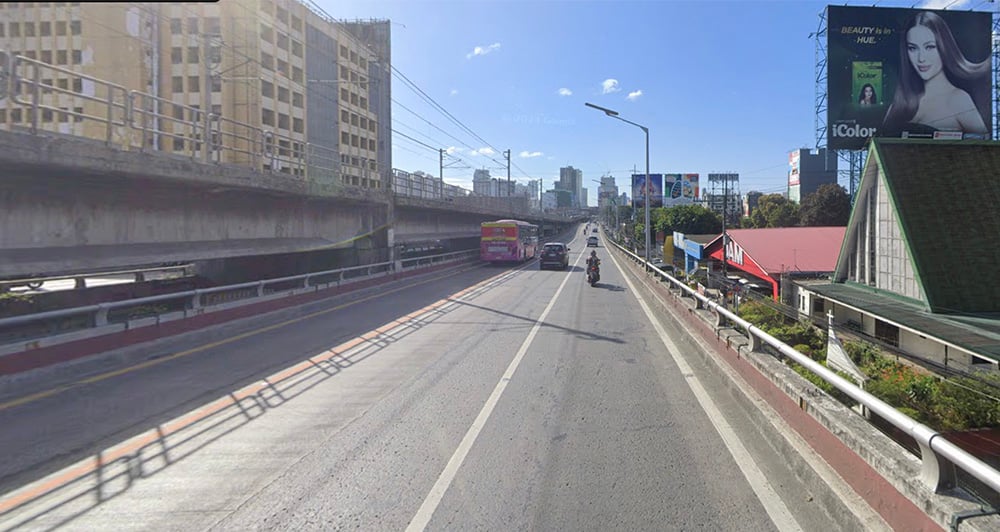
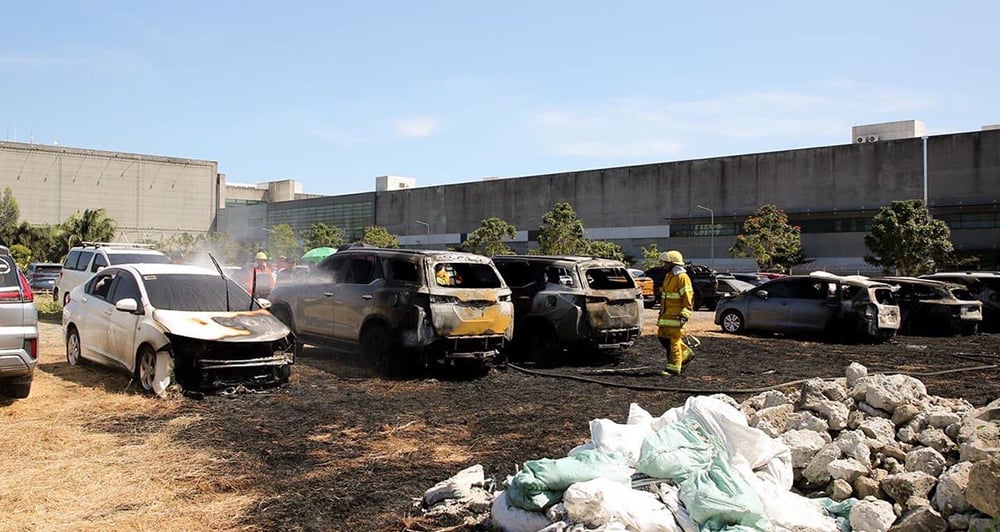
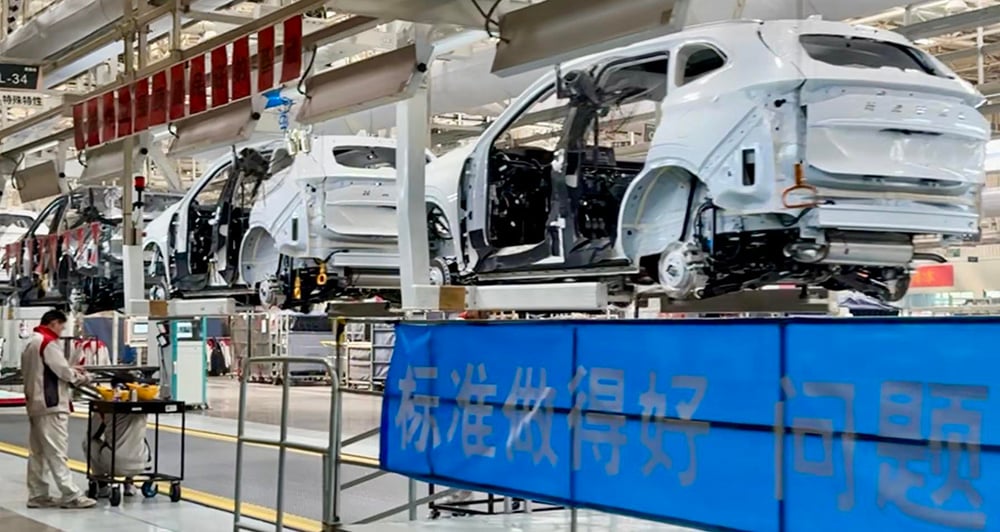
Comments